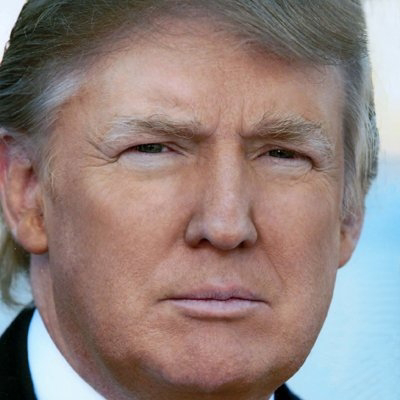Germany has decided to impose strict border controls to stop illegal migration. @Bundeskanzler Scholz, welcome to the club! #StopMigration
Please support me
### **Context**:
1. **Immigration Challenges**:
- Many countries, including Germany, face significant challenges related to managing migration flows, addressing security concerns, and ensuring humanitarian obligations.
- Increased migration pressures can strain resources, create political debate, and necessitate changes in policy and enforcement practices.
2. **Germany’s Measures**:
- **Border Controls**: Germany’s decision to tighten border controls is aimed at preventing illegal entry and improving management of migration flows.
- **Policy Changes**: This move might involve increased checks, surveillance, and coordination with other countries to address cross-border issues.
3. **Political Reactions**:
- **Domestic and International Reactions**: The decision may receive varied responses from different political groups, advocacy organizations, and the public, reflecting differing views on migration and border security.
- **Global Trends**: Many countries have implemented or considered stricter border measures in response to similar concerns.
4. **Humanitarian Considerations**:
- Balancing border security with humanitarian responsibilities remains a critical issue. Ensuring that measures do not undermine the rights and safety of vulnerable migrants is a key consideration.
### **Discussion**:
- The hashtag #StopMigration reflects a viewpoint that emphasizes stricter immigration controls. This perspective often aligns with concerns about national security, economic impact, and cultural integration.
- Discussions around immigration and border control are complex and multifaceted, involving legal, ethical, and practical considerations.
As countries like Germany navigate these issues, the challenge remains to effectively manage borders while respecting human rights and addressing the root causes of migration.




Comments